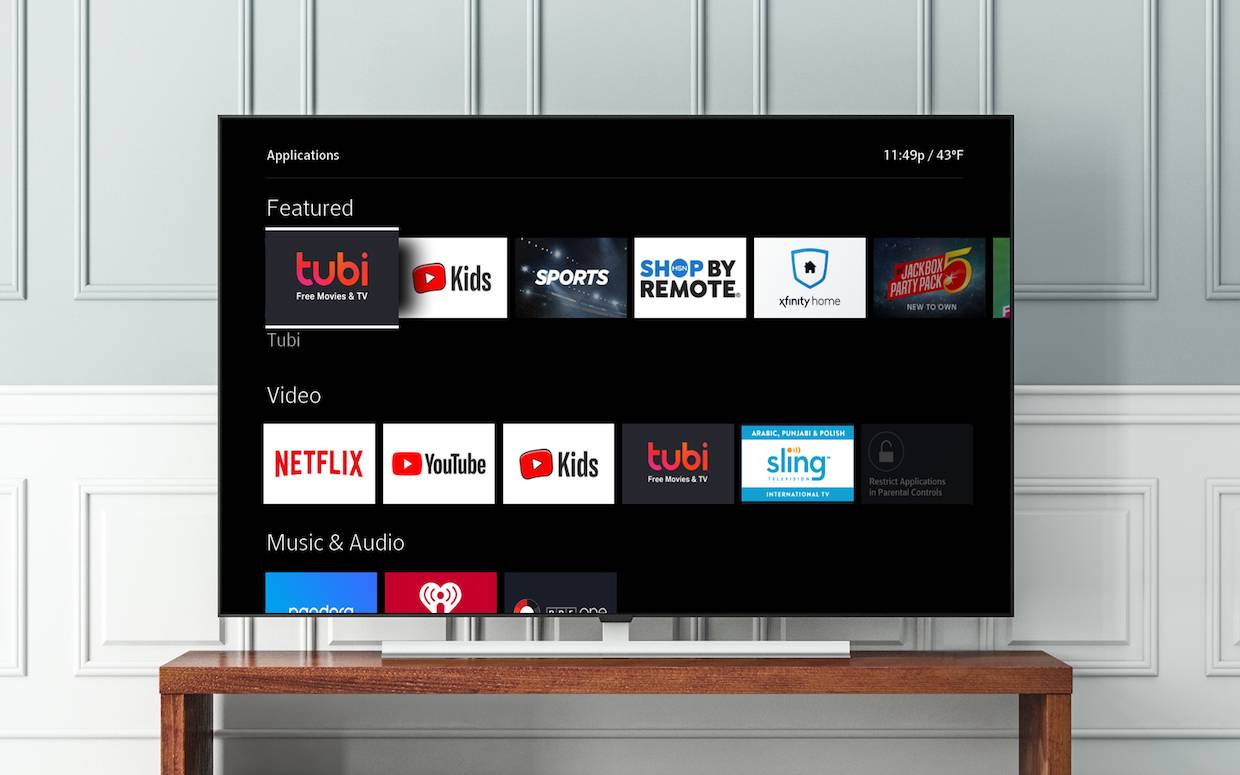Television has undergone several transformations over the years. Where you would once not have imagined having a TV with internet, there is one now and with even better features and technology might we add.TV has gone from satellite to cable, to Digital TV, and now Smart TVs. Although the more commonly used ones now are Digital and Smart TV, there is still the freedom to easily transition from one to the latter. How? Well, for starters the one major difference between Digital and Smart TV is the fact that Smart TV is more like a hybrid between a TV and a computer – we’ll explain in further detail below. As for Digital TV, you would find that a lot of service providers in the area provide Digital TV package deals for homeowners, which are compatible with both Digital TV’s and Smart TV’s.
How Are the Two Defined As?
Smart TV is, as we already mentioned, like a hybrid between a TV and a computer. It can connect to the home internet without the need for an external device, which allows people to browse the internet or even use it for online gaming without any external connections. So a Smart TV enables users to be able to watch regular TV channels that they subscribe through a provider within the area, and then also have access to online applications like Netflix, YouTube, and even a web browser.
On the other hand, what is digital TV? Digital TV has been one of the biggest transformations over the years when it comes to television. Instead of using analog transmissions, these television sets come with pre-installed decoder services, and a lot of service providers have plans and packages that cater to Digital TV. These plans however do work well with Smart TVs too just so you know.
What to Know About Each
Let’s take a look at some of the features of Smart TVs and Digital TV and see how they compare to each other.
Functionality
Smart TVs were made with built-in apps and web browsers to support a technology other than just regular TV cable channels. That means it is easier to stream videos and movies from your subscribed streaming services directly onto the TV. However, the one issue with that is that a lot of Smart TV features require internet connectivity.
Digital TV does not require internet connectivity at all, in fact, it works perfectly well without it. However should users want the extra privilege of streaming content from online sources, they would need to connect an Android box to their television. The Android box is what will give it the Smart TV touch with the additional apps and web browser access, along with the ability to connect their Android devices as well like with Chromecast.
TV Features
Some variants of Smart TVs can have a touch screen, while almost all Smart TV variants come with smart remotes. These allow users to take shortcuts to certain apps or even use voice-enabled control for quick navigation. But with Digital TV there is the regular TV remote – only if an Android box is added to the TV set is when there is an additional smart remote.
When comparing picture quality, Digital TV is of course far better than everything that precedes it. However, when compared with Smart TVs, they don’t match up because Smart TV picture quality can be anything like Ultra HD or 4K which is probably the clearest picture form to exist as of now. That and also because of the other brilliant features that come with a Smart TV is what makes them more expensive than a Digital TV. But that is the price you pay for quality!
Are Smart TVs Really Better than Digital TVs?
We know that Smart TVs feature much more than a Digital TV does. Well, it even has better picture quality! But is it really better than Digital TV? Because there are always two sides to a story.
Given that Smart TVs are similar to computers, connecting to the Internet network and featuring web browsing and a built in Android Software, there is also the off chance that they can sometimes malfunction or ‘hang’ as we like to say in the middle of being used. Just like our laptops or sometimes our smartphones get stuck because of a glitch, the same goes for Smart TVs. And should anything be quite damaging, the repair is also not cheap!
What is also a matter of concern is that there is the risk of a security breach, just as there is with any device that is connected to the internet.
Conclusion
Though Smart TV’s may pose certain risks, you would still find that they are more commonly sold than Digital TVs. Why? Solely for the reason that they are smart. The technology they feature changes the whole way people watch TV. However, you can’t really do much with a TV if you don’t have TV channels and Live TV to flick through – the internet isn’t always that reliable.
Check out some of the TV packages and plans by the best providers within your locality at www.firstenergyhome.com
